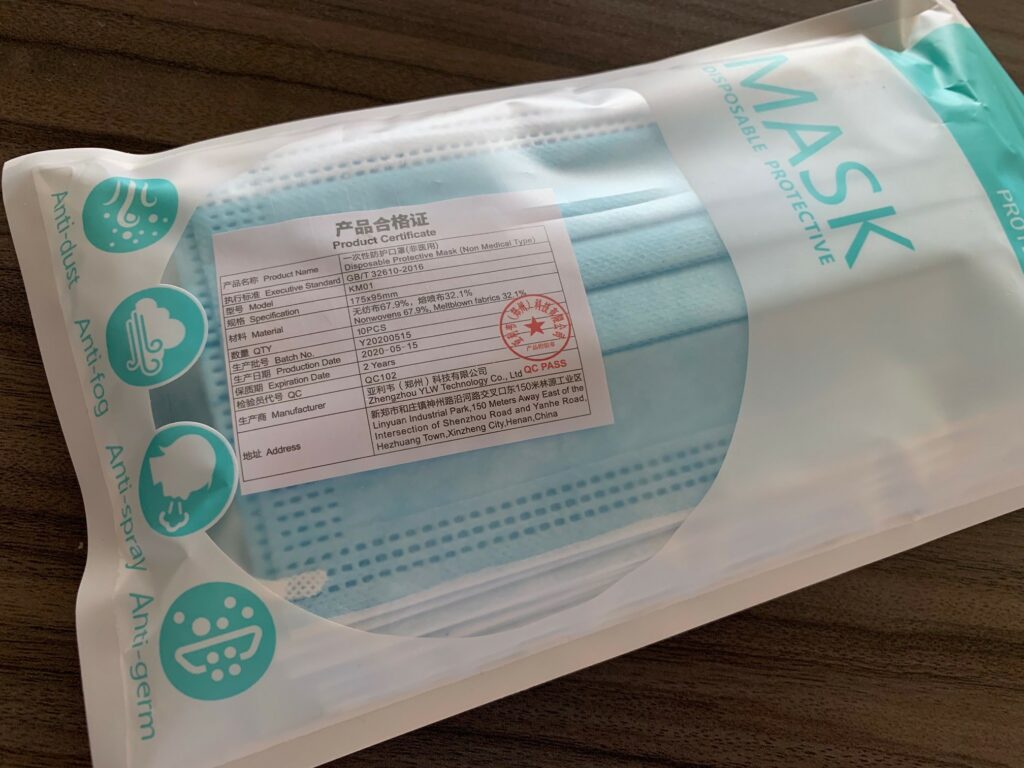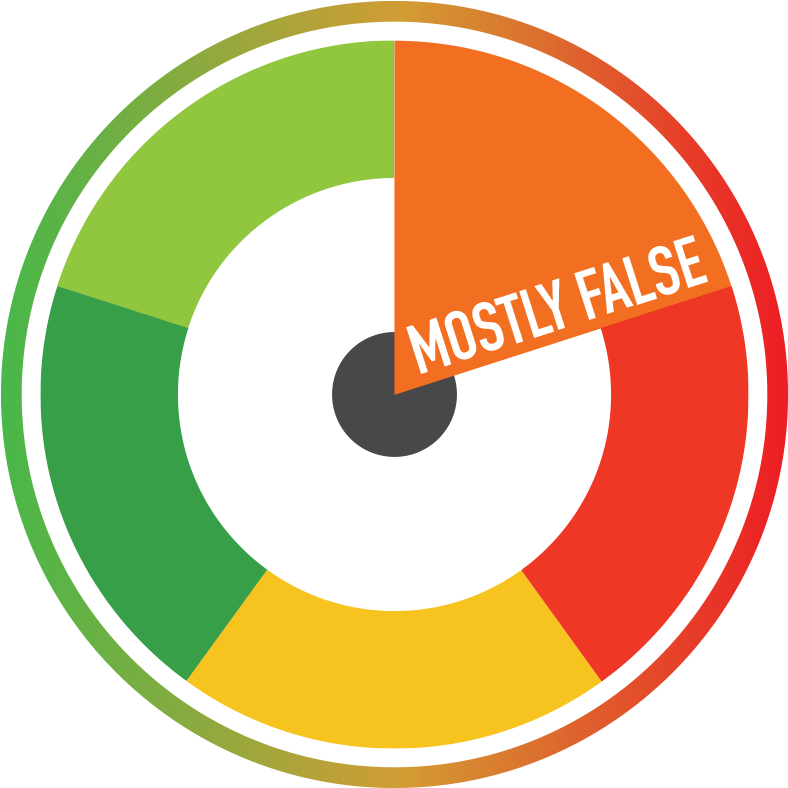During a debate that questioned a lack of medical supplies the then party leader of 50PLUS, Henk Krol, stated: “How is it possible that Austria distributes masks at supermarkets and in public transport, and the Netherlands do not even have enough for their health care staff?” He asked this question to the Dutch Prime Minister Mark Rutte and the Minister of Health, Welfare and Sports Hugo de Jonge during a 16 April House of Representatives debate.
CLAIM
This statement by Henk Krol, ex-party leader of the Dutch party 50PLUS: “How is it possible that Austria distributes masks at supermarkets and in public transport, and the Netherlands do not even have enough for their health care staff?” needs two checks. First, we check to see if it is true that Austria is distributing masks to their citizens in supermarkets and in public transport and secondly we check to see how this compares to the mask shortages in The Netherlands.
Distribution in Austria
Did the Austrian government distribute masks at supermarkets? Austrian chancellor Sebastian Kurz stated in a press conference on 30th March that from April first, there is a mask available for everyone in Austria. He added: “But in some branches, it may take a day or two longer.”
The second-biggest paper in Austria, Heute, wrote on the 4th of April that a few big supermarkets already started distributing free masks. A video from Heute shows two staff members in front of a table with a sign that states: “Protective masks must be worn. The government requires that masks must be worn. Protective masks are very popular in the world market and are difficult to obtain. We ask you to also distance yourself in the interest of other customers.”
Also, the official website of the Austrian government states that starting form 14 April covering your nose and mouth will also be obligatory in public transport. If there are no masks available, scarves or shawls can may be used. The most important protection, according to the Austrian government, is the one-meter distance people need to keep from each other.
So, it looks at first as if Krol’s statement is true. At the time of the debate (16th of April), masks were indeed being distributed by the Austrian government. However, there is a catch.

Comparing different masks
The catch is hidden in the type of masks. The medical staff in the Netherlands, according to the Dutch government, use FFP2 masks (Filtering Facepiece Particle, a mask that filters particles) and surgical IIR masks (see this PDF, in Dutch). The masks that are being distributed by the Austrian government are masks that do not meet the criteria needed by medical staff to protect themselves. For example, the Austrian masks are made without a proper filter and vary in fit: they don’t fit tightly over the nose and mouth with every person.
Professor of Medical Microbiology at the UMCG, Bert Niesters, explains in Dutch newspaper Dagblad van het Noorden: “Coronaviruses and other viruses can be found in small droplets and you get infected from a short distance. You can only get real protection from a mask with filters.”
Also, the Dutch National Institute for Public Health and the Environment (RIVM) states on the English part of their website that the non-medical masks do not protect against the virus. “Because a non-medical mask protects only to a limited extent, this cannot substitute the 1,5 meter distance you need to keep, the hygiene measures and the (home)isolation of people with health problems.” In short, the masks Krol refers to are not the same, he is comparing apples and oranges.
CONCLUSION
Therefore, ex-party leader of 50PLUS Henk Krol’s statement is mostly false: sure, he is right about the distribution of free masks to citizens in Austria but he is comparing those (inferior) masks to masks used by medical professionals in The Netherlands. This false context does not provide fertile grounds for a discussion on the shortage of masks in Dutch healthcare.
Leave your comments, thoughts and suggestions in the box below. Take note: your response is moderated.
RESEARCH | ARTICLE © Esmée van Zon, Utrecht University of Applied Sciences, NL





